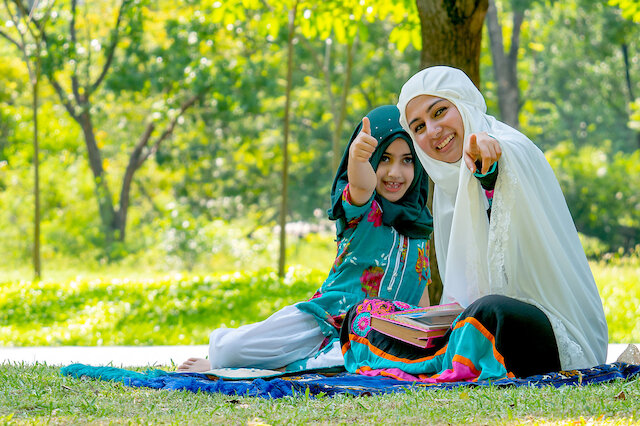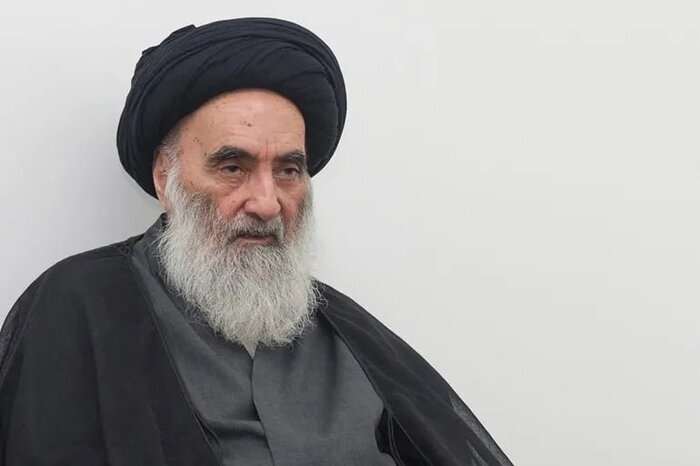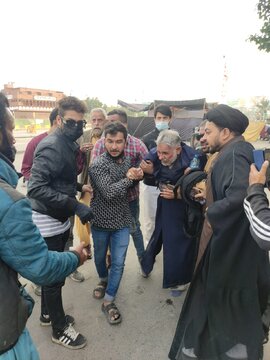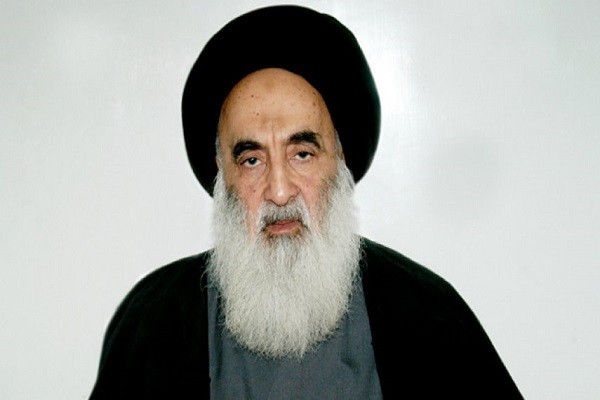Question: How does the process of transferring the elements of national identity from mother to child occur, and how much do the mothers in a society contribute to building the spirituality of the members of a society?
F. Farahmandpour: It is important to pay attention to three points here. First of all, the identity of each individual is in fact a definitition of who they are. In other words, it answers the questions “Who am I” and “Who aren’t I?” Therefore, an identity is made up of components. When these components are combined, they form the overall identity of a person. This includes a person’s family identity, national identity, gender identity, religious identity, etc. Secondly, since an identity is precisely the definition of who a person is, it is strongly related to self-concepts, or in other words, a person’s perception of him/herself. This perception can be either positive or negative, complete or incomplete, and so on. Thirdly, the formation of identity, both objectively and subjectively, is a gradual process. It does not occur instantaneously. Identity is formed over time and under the influence of various individual and environmental conditions and factors. So considering these points, we should be able to trace and identify the role of a mother in these components.
The family is the first, most effective, and most lasting place for the formation of a person's objective and intellectual identity. It is in a family that the components of a person's identity are gradually formed and self-concepts are formulated. A family provides the most influential conditions for the formation of a person's identity. I will provide some clear examples here. A child's understanding of being a girl or a boy (gender identity), the requirements of each, and the differences between them, along with whether the child has a satisfactory view of his gender identity, are completely influenced by the family environment. Whether a child has a correct understanding about his or her being a Muslim and the requirements of this (religious identity), as well as having a positive feeling and a satisfying self-concept about this identity, is completely influenced by the family environment. Furthermore, establishing positive thoughts about being Iranian, forming the dimensions and boundaries of national identity and its requirements, and feeling satisfied and proud of this sense of national belonging, which is certainly – more than any other factor – the by-product of the attitude that exists in the family environment and the values that govern this influential unit.
Question:How can the mothers of a society better perform the role of transferring the elements of nationaly identity to their children and ultimately build the character of a nation?
F. Farahmandpour: When we talk about families, what’s important is the role of women and mothers in this permanent, influential surrounding. A mother is better suited emotionally for the mission of religious education because she is the one who is best equipped with emotions. It is precisely for this reason that she is the most influential, active member of a family. As the most compassionate element of a family, a mother has the greatest ability in the household to not only gradually train her children but to also bring about gradual changes in adults. Regulating the sensitive pulse of family members and turning this into effective actions and appropriate reactions is definitely one of the things that women are capable of doing. This means determing the identity boundaries of people, which includes all the identity components including [a person’s] national identity.
Question: How does the process of transferring elements of identity from mothers to build a society’s character become disrupted?
F. Farahmandpour: There are two points that need to be mentioned here, because if they are neglected, women will encounter problems in the process of transferring the elements of identity and building the character of the society. The first point to note is that emphasizing the role that women and mothers play should not lead to lessening the importance of the role that men and fathers have. This should not push men into isolation or reduce their responsibilities. Secondly, women need to have knowledge, awareness, and education in order to have a maximum impact and fulfill their roles in the best possible way. If we leave women to themselves and we fail to nurture and educate them, we will lose this irreplaceable opportunity. Let’s not forget this question, “How can a being become a creator, if it has not come from the Creator?” Therefore, the cost of educating, training, and nurturing the intellectual reserves and practical capabilities of girls and women is in fact an investment to multiply the achievements that come from this process that is carried out by family members. It is also far more effective than similar activities for boys and men.
Question: Along with the role of the family, to what extent can the media and the educational system be effective in either disrupting or strengthening the identity of a society?
F. Farahmandpour: Despite the importance of the family and the role of women, we should not neglect other components such as the educational system, the media, the public environment that is dominant in a society, and so on. These factors can be effective in three areas. Firstly, alongside the family, schools need to recreate that same value system of the family. The media should also follow the same direction when it comes to identity values. For example, the Iranian national identity should not be emphasized in the family but the media be busy promoting foreign-made products or a Western lifestyle.
Secondly, the media and educational system
should work to increase the value of that influential factor - the
family - and focus on increasing its effectiveness. For example, the
media should not undermine the value of mothers, women, or girls. When a
subtle movement, even in the form of satirical productions, is directed
toward degrading the status of mothers or humiliating women and girls,
this means that we are weakening our society with our own hands.
Thirdly, cultural institutions, such as the educational system, the
media, etc., must carry out their duties in raising awareness, providing
skills training, and increasing the potential of mothers, women, and
girls. It this is neglected, the influential power of mothers will
decrease. If the media fails to teach or provide women with general
knowledge and educational skills, it has definitely failed in fulfilling
its mission and it has not done its job properly.
/129





